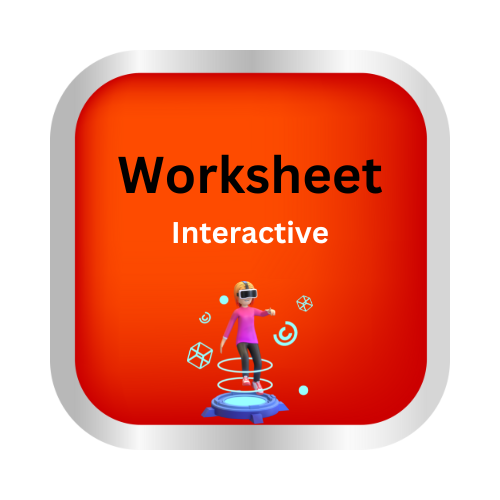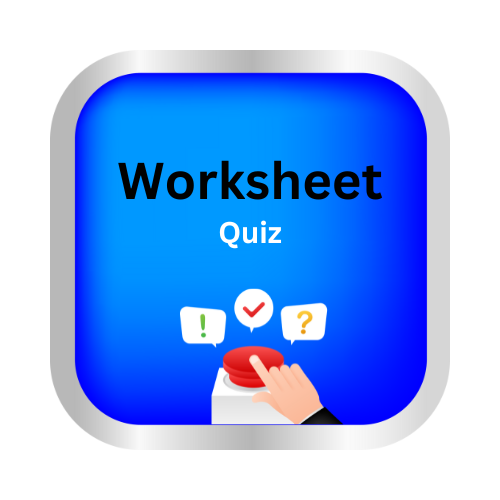Identify prepositions and their objects
Key Notes:
📝 Identify Prepositions and Their Objects
| What is a Preposition? |
A preposition is a word that shows the relationship between a noun or pronoun and another word in the sentence.
It tells where, when, or how something is happening.
Examples of Prepositions:
- 📍 in, on, at, under, above, between, beside, near, behind, with, about, for, from
| Object of a Preposition |
The object of a preposition is the noun or pronoun that comes after the preposition.
It answers questions like:
- Where? 🌍
- When? ⏰
- What? ❓
Examples:
1. The cat is on the roof. 🐱🏠
- Preposition → on
- Object of preposition → roof
2. She sat beside her friend. 👩🦰👭
- Preposition → beside
- Object of preposition → friend
| Tips to Identify Prepositions and Their Objects |
- Look for the word that shows location, time, or direction. 🕒📍➡️
- Ask “preposition + what?”
- Example: She ran to the park. → to what? → park ✅
- Remember, the object is always a noun or pronoun, never a verb. 🛑
| Common Prepositions |
| Position | Examples |
|---|---|
| Place 📍 | in, on, under, above, behind, between, near, beside |
| Time ⏰ | at, on, in, during, before, after, since |
| Direction ➡️ | to, from, toward, into, onto |
| Other 🔹 | with, about, for, of, by |
| Practice Sentences |
The books are on the table. 📚
- Preposition → on
- Object → table
He walked through the garden. 🌳🚶♂️
- Preposition → through
- Object → garden
We will meet after school. 🏫⏰
- Preposition → after
- Object → school
The dog jumped over the fence. 🐶🏡
- Preposition → over
- Object → fence
| Fun Trick to Remember 🎉 |
Think of prepositions as “little bridges” 🌉 that connect words in a sentence. The object is the destination on the other side of the bridge!
Let’s practice!

